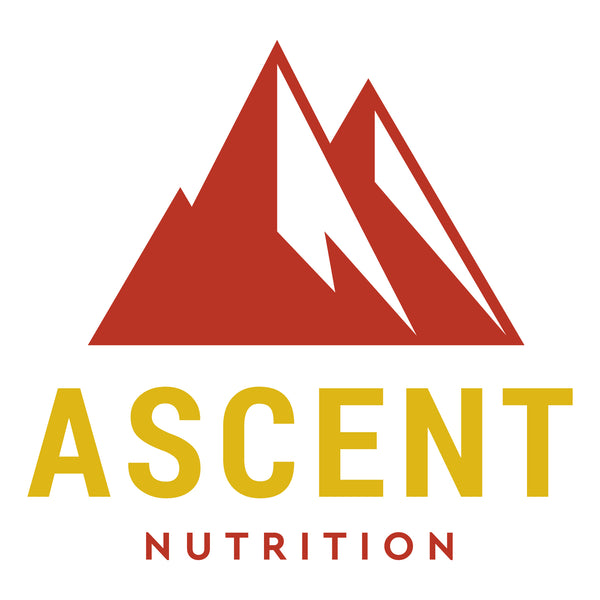Pine pollen has been used for centuries in traditional Eastern medical systems to help rejuvenate and bring the body into balance. Modern research is now confirming pine pollen's benefits for supporting optimal health.
With broad, multifaceted benefits, pine pollen supplementation may support hormonal health, promote immune health, aid in healthy aging, and encourage a healthy detoxification process, among other benefits.
When used as part of a healthy lifestyle, pine pollen can support the body’s natural detoxification process in numerous ways. It may also promote liver health, support gut function, enhance immune health, and provide powerful free radical scavenging effects to many different areas of the body.
Read on for a detailed look at the different pine pollen benefits for healthy detoxification and how to detox your body with the help of one of the best supplements available, Ascent Nutrition’s Pine Pollen Tincture.

